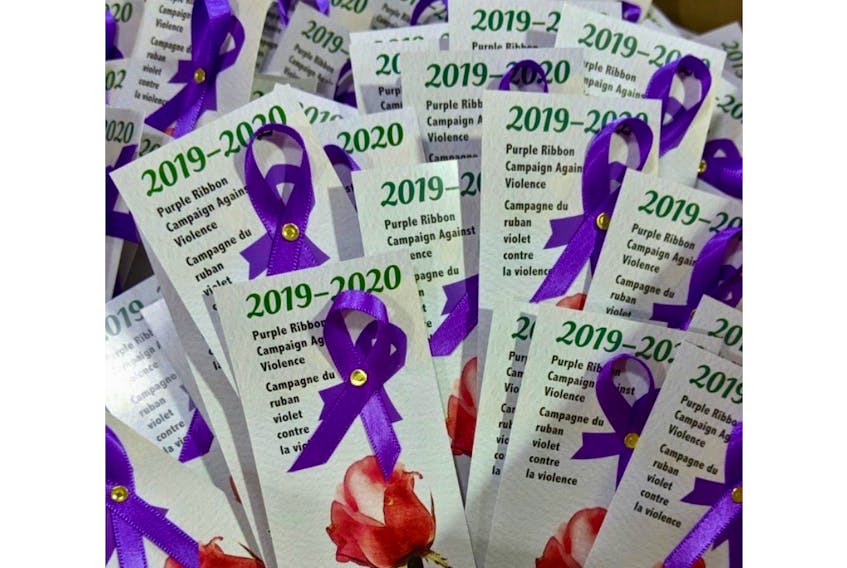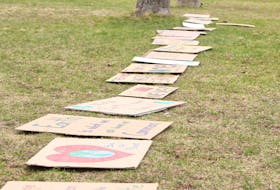During Victims and Survivors of Crime Week in Canada, our thoughts turn to how to support survivors of gender-based violence, especially sexualized violence. Life is a journey; more so for survivors. From the moment of violation, they are forced to undertake the journey from victim to survivor. Each journey is unique and valid. It is a journey of small steps, strides, setbacks, and progress. For many survivors, dealing with trauma is a lifelong journey.
Among us are many survivors of violence. Survivors are not “they” – “they” are “us”: neighbours, friends, families, co-workers. Some of them may have shared their experiences with us; others have not. Some wear their suffering, especially when they are in the midst of pain and healing. Some have scars; others have no visible mark of their experience. Someone who helps survivors may be a survivor herself. A survivor in this context is someone who continues to live their life successfully despite experiencing trauma. Success means different things on a daily basis. Some days, just getting out of bed is a success.
The strategies we share today come from many voices of survivors of violence, trauma, and abuse, from one-on-one conversations and from a February lunch-and-learn in which survivors shared their wisdom and insight. Each survivor is an individual and each situation is unique, but there are some themes that come up again and again among survivors – members of a group no one wanted to join — sharing common experiences based on trauma they did not deserve to endure.
Survivors spoke to us about what being a survivor meant for them. They shared about being victims of acts of unspeakable violence, and how they internalized shame because society perpetuates trauma by blaming victims. They talked about running from trauma, or behaving in ways they didn’t recognize in response to trauma, until they could not run any longer. They spoke of resilience, of not being broken by trauma. They talked about the ways all the regular and extraordinary challenges of life intersect when someone experiences trauma: needing to deal with immediate safety, physical health, mental health, the justice system – while still dealing with housing, childcare, income, and unexpected school closures.
They talked about healing, and the supports and services needed to wrap around people who are healing.
Survivors spoke to us about cliches and unhelpful messages that minimize trauma and impede recovery. They said what they want more than anything is someone to listen respectfully and really hear them – to be present with them before jumping to say something that may be unhelpful or to try to fix things they can’t fix.
Survivors told us three key words they need to hear from those who listen to them: I believe you.
And survivors talked about healing; growing and moving forward. They spoke of trying to accept that the experience of trauma changes you and shapes part of who you are. They spoke about perseverance and being the best person you can be, learning to advocate for yourself, and learning to love and honour yourself for all of who you are and all you have survived.
To support survivors, we begin with individuals, listening empathetically and non-judgmentally. We meet survivors where they are on their journey. We hear what they are saying. We don’t interrogate them. We honour their unique experience by not comparing their experience with our own or others’ experience. We recognize that survivors are experts in their recovery. They live it every single day. They know what they needed at the time of their trauma and they know what they need now to heal from it.
Supporting survivors is a radical, transformative act that gives power and control back to people and groups that have been treated inequitably. When the messages from society and culture are so pervasive, in whispers and in shouts, that women can’t be trusted, to say “I believe you” is radical.
When we support survivors on their journey not only do we help them heal and be successful but we build stronger, healthier communities. We help to prevent the transmission of trauma.
When we support survivors, we become part of the solution and help everyone to heal.
Debbie Langston is the chairperson of the P.E.I. Advisory Council on the Status of Women and Jane Ledwell is its executive director.









